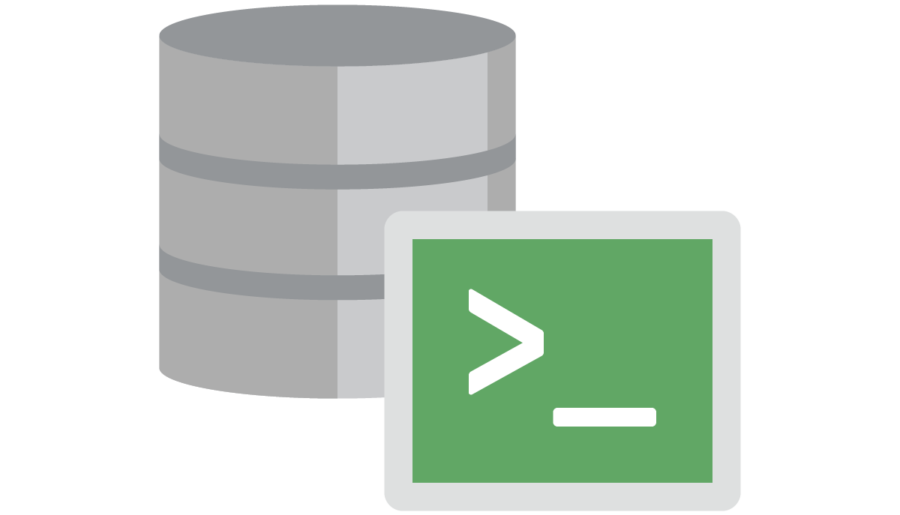In case you’re curious, I’m calling yesterday ‘Day 0’ as it was spent doing trivial things like getting email setup. Today I feel like was closer to a real day of work. I spent a few hours this afternoon going over some request from the users. One stuck out pretty prominently – ‘Keep-alive functionality’ The basic gist is at some point your connection to the database is terminated due to an inactive connection. This can…
…there were email and VPN accounts. Had my first conference call, complete with desktop sharing. Direct deposit and tax forms are out of the way. Everyone (I think) is remote, so instant messaging is one of the preferred communication methods. Looks like we’ll have a chance to meet in person for a team meeting outside of London in a few months. Am I overwhelmed? Not as much as I had feared. If I let in…
The good folks at Oracle, namely @krisrice, approached me this past Summer with an offer I found myself unable to refuse. The short version would be something like, ‘Hey, come join our SQL Developer team.’ So next week, I will start the next chapter of my professional life as the Product Manager for Oracle’s primary database development tool. This is a very exciting moment for me. I remember first seeing Oracle in my senior year…
The Smith family is an Android family. However, we’re not so weird as not to own some Apple products as well. We have a Mac Mini, 1st Gen AppleTV, an iPod, and an iTouch. The iTouch is my wife’s toy. She spent a LOT of time building a playlist that had just what she wanted. She lost that playlist in iTunes though when we ditched our Windows Home Media PC and bought the Mini. She…
It’s still me! That dude that spends a lot of time talking technology, databases, software, and the occasional bad joke. I screwed up. @BrentO told me 2 years ago that it’s better to use your real name on Twitter. And I didn’t listen to him. So now I get to take my medicine and go switch everything over to my new account – ThatJeffSmith. It’s not a coincidence that my new Twitter handle matches the…
Yes, a post about something other than Toad or Oracle! I hope you folks don’t mind, but I need to brag a little bit 🙂 My wife and I welcomed our son to this world on Tuesday night! My wife was extremely brave and did the whole thing without any sort of pain medication. Not that she had much choice – the labor process was so fast that any epidural wouldn’t have had time to…
Two quick apologies – 1)This post may ramble a bit more than usual, and B)It’s not my intent to insult or degrade any of the folks I help online. This blog serves as my conscience and my therapist, and I’m not in the mood to cover technical topics today. First off, you may wonder what I mean by ‘user.’ Surely that is synonymous with the term ‘customer?’ You might be surprised how many people actually…
I stumbled upon an interesting discussion in the ODTUG group on LinkedIn this weekend. A vendor is doing some research I suppose and wanted to know who enjoyed using what IDE and why. Here’s the original question: In your opinion which is the best IDE for PL/SQL programming and why? e.g. PL/SQL Developer, Toad, Oracle SQL Developer. To participate in the conversation, you’ll need to join the group on LinkedIn. My only input was to…
I love Lisa Barone. She helps me understand things like Search Engine Optimization (SEO). So when she posted today an article called ’10 Things EVERYONE Should Know about SEO In 2011′, I read it right away. Please take a second now to read it, as I’m going to help you fix problem #7. 7. [Click Here] is never suitable anchor text Ok, so we should never use the words ‘Click Here’ to anchor tags, like…
In yesterday’s post, I posed a question: What Hint Do You See Over or Misused? Gary (Twitter) responded with With APPEND the rows are written directly to the datafiles and are not logged. If the DBA doesn’t know that unlogged changes are being made then whatever recovery plans they have may be useless when it comes to restoring from a backup. In theory they can set FORCE LOGGING on individual tablespaces so they can’t be…




